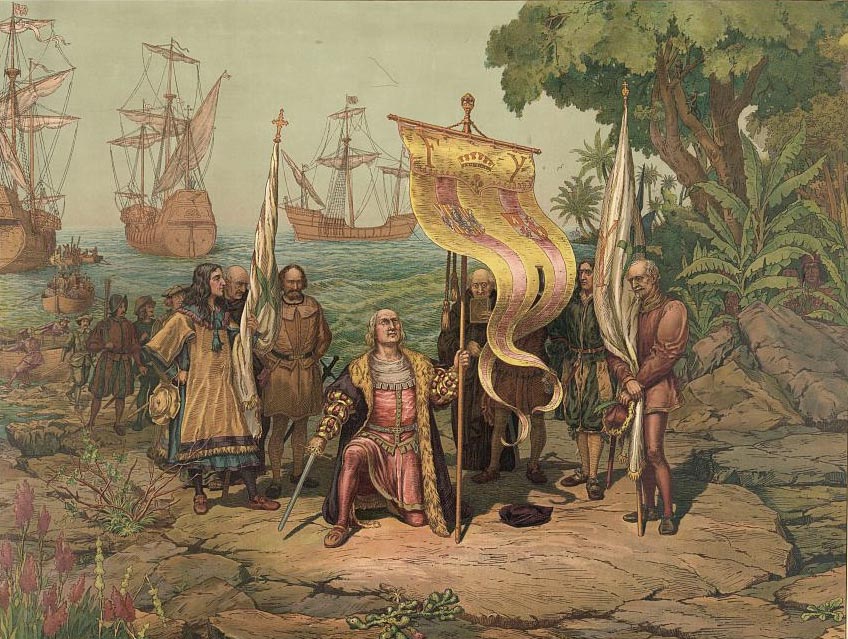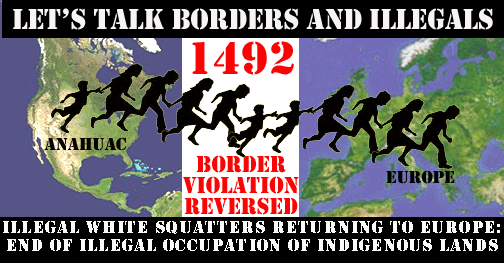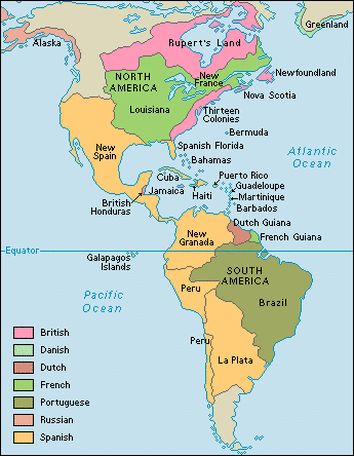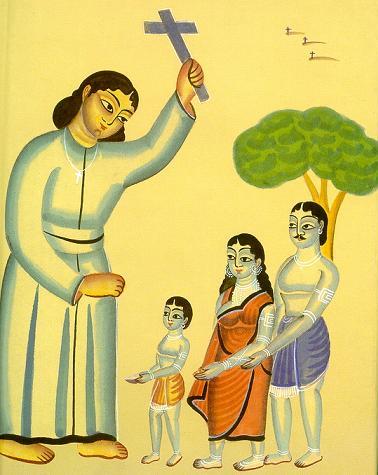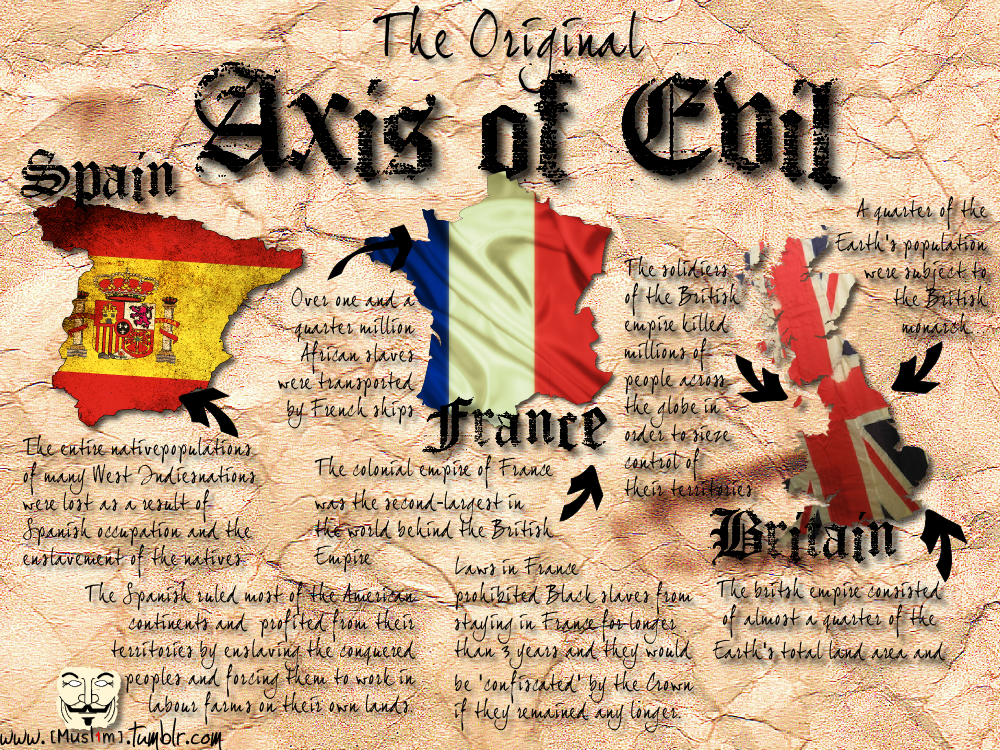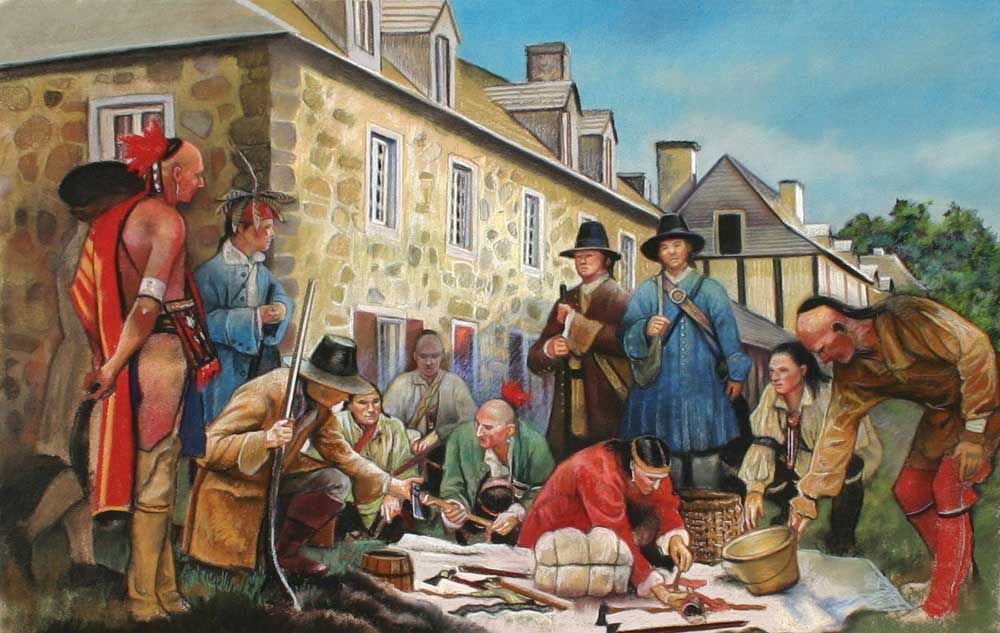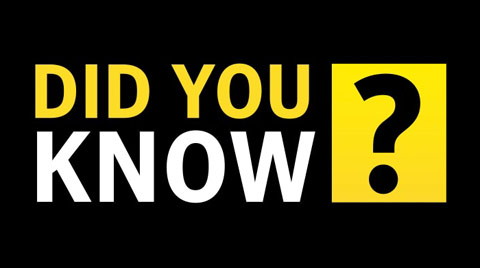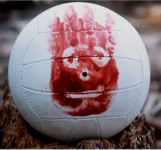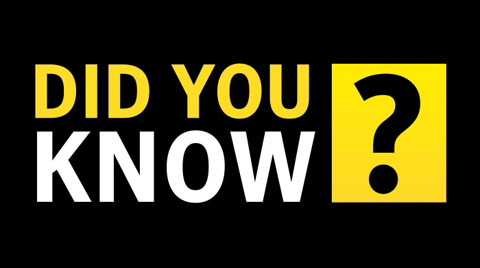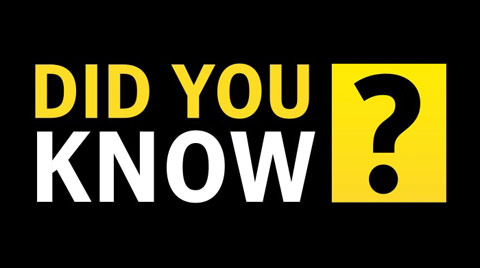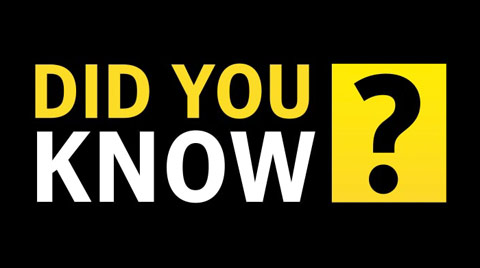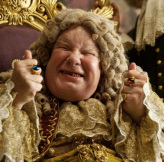Scramblin' thru... the Age of Colonialism
In 1492...
Since ancient times, countries have built empires by conquering other lands. Two terms are used when discussing such expansion: colonialism and imperialism. They sound the same, and people often use them interchangeably. However, they are different. The difference comes in the type of control put over the desired country. Both colonialism and imperialism result in powerful nations extending control or influence over weaker nations. This often involves the militaries.
Colonialism is more formal or complete control, involving territorial annexation and the loss of sovereignty (power to govern oneself). The 13 American colonies run by Britain in the 1700s were perfect examples of complete control. Imperialism refers to an influence that is informal or indirect. The role the U.S. played in Iraq during the 2003 war is a good example of that. At no point in time did the U.S. hope to make Iraq the 51st state nor did they decide to remain their permanently. Still, by being present in Iraq, the U.S. introduced democracy and an outside culture (blue jeans, McDonalds, pornography, etc.) that inadvertently influenced Iraq. (FYI... after the arrival of U.S. troops in 2003, pornography usage increased 200% in Iraq!) Simply put, colonialism's control is complete whereas imperialism's control is informal. R.I.P.E.Historically, strong countries dominated weaker ones to promote their own national self-interest. The 4 causes of colonialism were: Reactive, Ideological, Power, and Economic. (To help remember this, think "the world is RIPE for the taking".)
Reactive ColonialismReactive: Just like with "peer pressure", countries formed colonies "because everyone else was doing it". Sometimes countries conquered those next to them to create a "buffer zone" to protect their borders. Sometimes colonies were important for strategic reasons because they served as military bases for the mother country.
Ex: England and France certainly tried to one-up each other in their competition to gobble up the globe. This was reactive colonialism. Ideological ColonialismIdeological: This was the most controversial cause of colonialism because it was based on one country's "ideas". When these ideas included government (political), culture, and religion, there was often open resistance.
Ex: Both Catholic countries (like Spain) and Protestant countries (like England) set out to convert non-Christians. This was ideological colonialism. Power ColonialismPower: Countries often expanded for power and prestige. This was done to demonstrate the strength of a country, help restore its reputation after a defeat, or to build up "street cred". Essentially, it was a glorified peeing contest.
Ex: Spain picked many "winnable" fights with weaker countries throughout the Americas in order to restore its reputation after England destroyed its Armada. This was power colonialism. Economic ColonialismEconomic: This was the most common (and desired) cause of colonialism. It was done to expand economies, get raw materials, gain sources of labor, or find new markets for surplus goods.
Ex: Triangular trade between the Americas, Europe, and Africa was very lucrative. This was economic colonialism. |
There were 3 types of colonies:
(a) Settlement (b) Exploitation (c) Contested-settlement With colonies of settlement, settlers took complete control, stayed permanently, treated natives harshly, and kept in touch with Mom. With colonies of exploitation, settlers didn't stay since they just came for natural resources, labor, etc. Natives were treated well to keep trade going. With contested-settlement colonies, the settlers stayed permanently but did not keep in touch with Mom. They created new governments and later faced resistance by natives. Colonization was nothing new by the time it reached the New World. The Greeks and Romans both had colonies, which they controlled by putting in
military outposts. The Greeks controlled the Mediterranean, and the Romans controlled an area from Turkey to Palestine and North Africa, up to France, and even part of England. The Romans made sure their garrisons included women who could work the fields... and help with reproduction. Macedonia's Alexander the Great helped create a new Hellenistic culture by encouraging his soldiers to marry into the local populations of the lands they conquered. The Vikings established colonies in Greenland and Newfoundland, but their settlements failed because they couldn't supply them. (Yea, they treated their new colonies the same way you treated that guinea pig you had in 3rd grade... super excited at first, followed by general neglect, followed by starvation, followed by a mock funeral and prompt burial via being thrown over the fence into the neighbor's yard. Luckily, just like guinea pigs, there were plenty of new colonies you could go get...) After 1492, Spain, Portugal, The Netherlands, France, and England created vast colonial empires in the Western Hemisphere. However, within 2 centuries, the number of European nations with colonial possessions in America dwindled due to conquests by rival nations.
By 1700, England had pushed the Dutch out of North America, and in 1763, England and Spain divided the French Empire in North America. Shortly thereafter, the 13 English colonies on the mainland of North America revolted and became the United States of America. Three decades later, many of the colonies controlled by Portugal and Spain also gained their independence. By 1820, few European colonies remained in the Western Hemisphere. English colonies differed from other European colonies because of the amount of self-government they permitted them to have. Most of the English colonies around the world were founded as private corporate enterprises. Of course, with all this "freedom", eventually the colonies' behavior resulted in the king having to impose direct controls on them. Still, in the meantime, England had 3 distinct types of colonies:
(a) Royal colonies were headed by a governor hand-picked by the king. (b) Proprietary colonies were owned and run by small businessmen. (c) Corporate colonies were run by larger companies that were permitted to pick their own governors and political leaders. |

